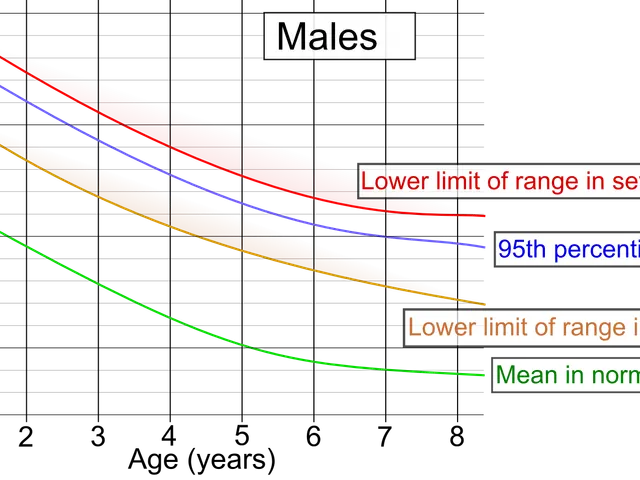Long-Term Veggies Remain a Rare Breed in Survey Results - Study Shows Limited Number of Individuals Maintain Long-Term Veganism
In a recent survey conducted by the Max Rubner Institute (MRI), the federal research institute for nutrition and food in Karlsruhe, the dietary habits of 3,155 German-speaking individuals aged 18 to 80 were examined.
The survey findings reveal that approximately 4% of Germans identify as vegetarian, avoiding meat and fish in their diets. Meanwhile, around 1% of respondents described their diet as vegan, eschewing not only meat and fish, but also milk, eggs, and honey.
However, it's worth noting that the survey data showed a discrepancy between self-reported diet and actual consumption of foods. This suggests that many individuals who identified as vegetarian or vegan may not strictly adhere to their chosen diet.
Intriguingly, the survey found that a quarter of respondents identified as "flexitarian," meaning they consume meat no more than twice a week. Interestingly, approximately 75% of those with a mixed diet reported consuming meat more than twice a week.
The survey also highlighted that the proportion of vegans and vegetarians in Germany is lower than some might estimate. Furthermore, the survey did not specify the geographical region within Germany that was surveyed or provide information on the demographic distribution of vegetarians and vegans within the surveyed population.
The rise in vegetarian and vegan diets is particularly strong among younger people, with over three-quarters of Germans aged 16-24 regularly consuming plant-based options. Flexitarianism — diets that reduce but do not eliminate meat — is becoming widespread, with around 30% of Europeans flexitarian and around 40% when including vegetarians and pescatarians.
Economic factors such as inflation have recently dampened demand for plant-based meat alternatives, impacting the market’s short-term growth. However, long-term interest remains strong due to health and sustainability motivations. Health motivations are primary drivers, especially among youth, with vegan teens often showing healthier behaviors compared to meat-eating peers.
While vegetarian and vegan diets are growing trends in Germany, long-term adherence over many years is still relatively low. Many consumers follow more flexible reduced-meat or plant-focused diets rather than strict vegetarianism or veganism for extended periods. The trend is driven mostly by younger generations and health/sustainability concerns but also faces challenges such as economic pressures affecting product affordability.
Unfortunately, the survey did not provide information on the health outcomes or nutritional status of vegetarians and vegans in Germany. It also did not specify the geographical region within Germany that was surveyed, nor did it provide information on the reasons for adopting a vegetarian or vegan diet among the survey respondents.
In conclusion, the survey findings suggest that while vegetarianism and veganism are growing in popularity in Germany, particularly among younger generations, long-term adherence remains a challenge for many individuals. The trend is driven by health and sustainability concerns, but economic pressures may impact the affordability of plant-based options. Further research is needed to understand the health and nutritional implications of these dietary trends in Germany.
- The Max Rubner Institute's survey on dietary habits in Germany pointed out the need for community policies to address the discrepancy between self-reported and actual vegetarian and vegan diets among individuals, ensuring accurate food consumption monitoring.
- Given the increased interest in health-and-wellness and science-backed nutrition, it would be beneficial for employment policies to consider the growing flexible diet trends, particularly flexitarianism, to accommodate workers' dietary preferences and promote a supportive work environment for health-conscious employees.






